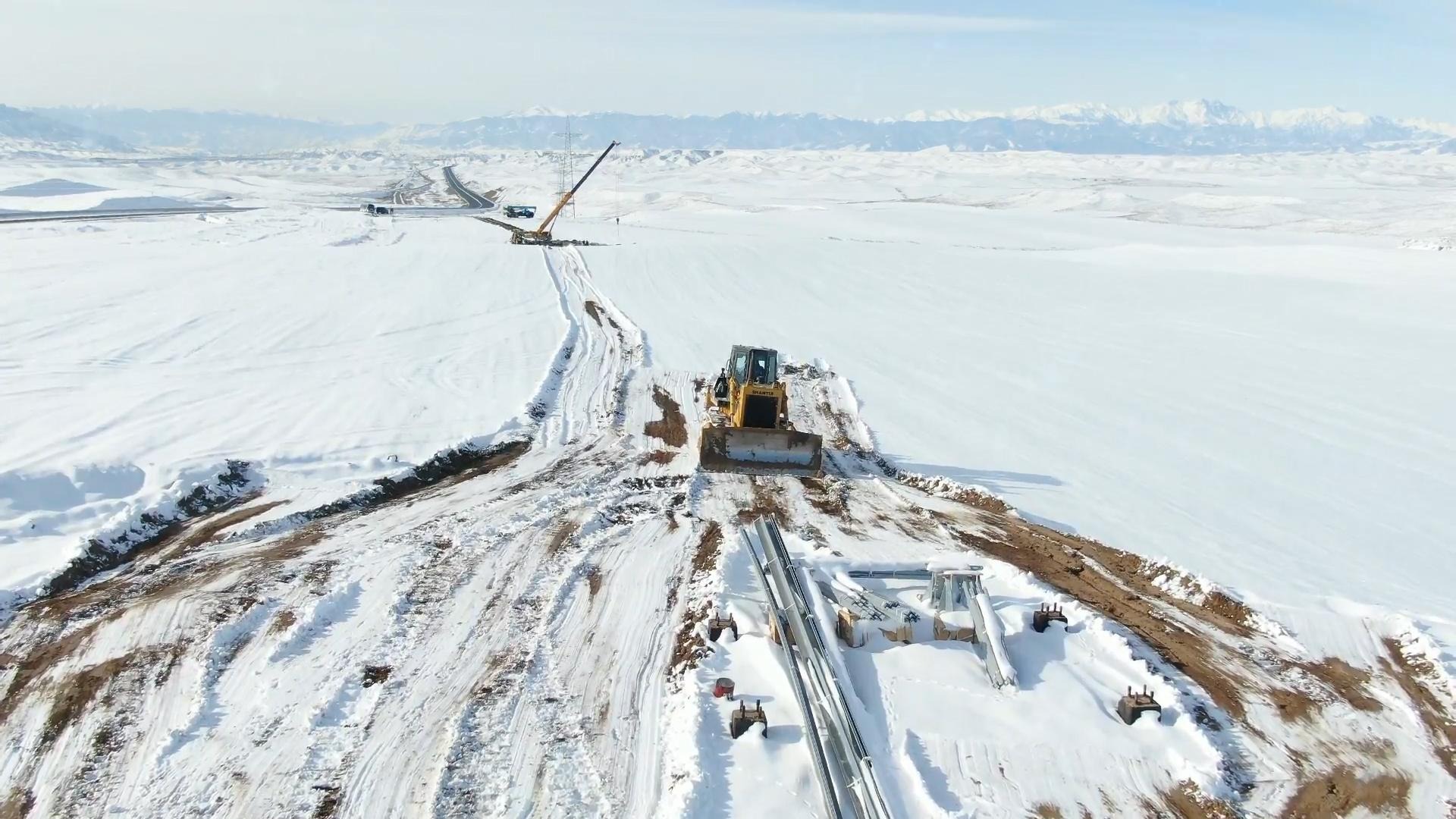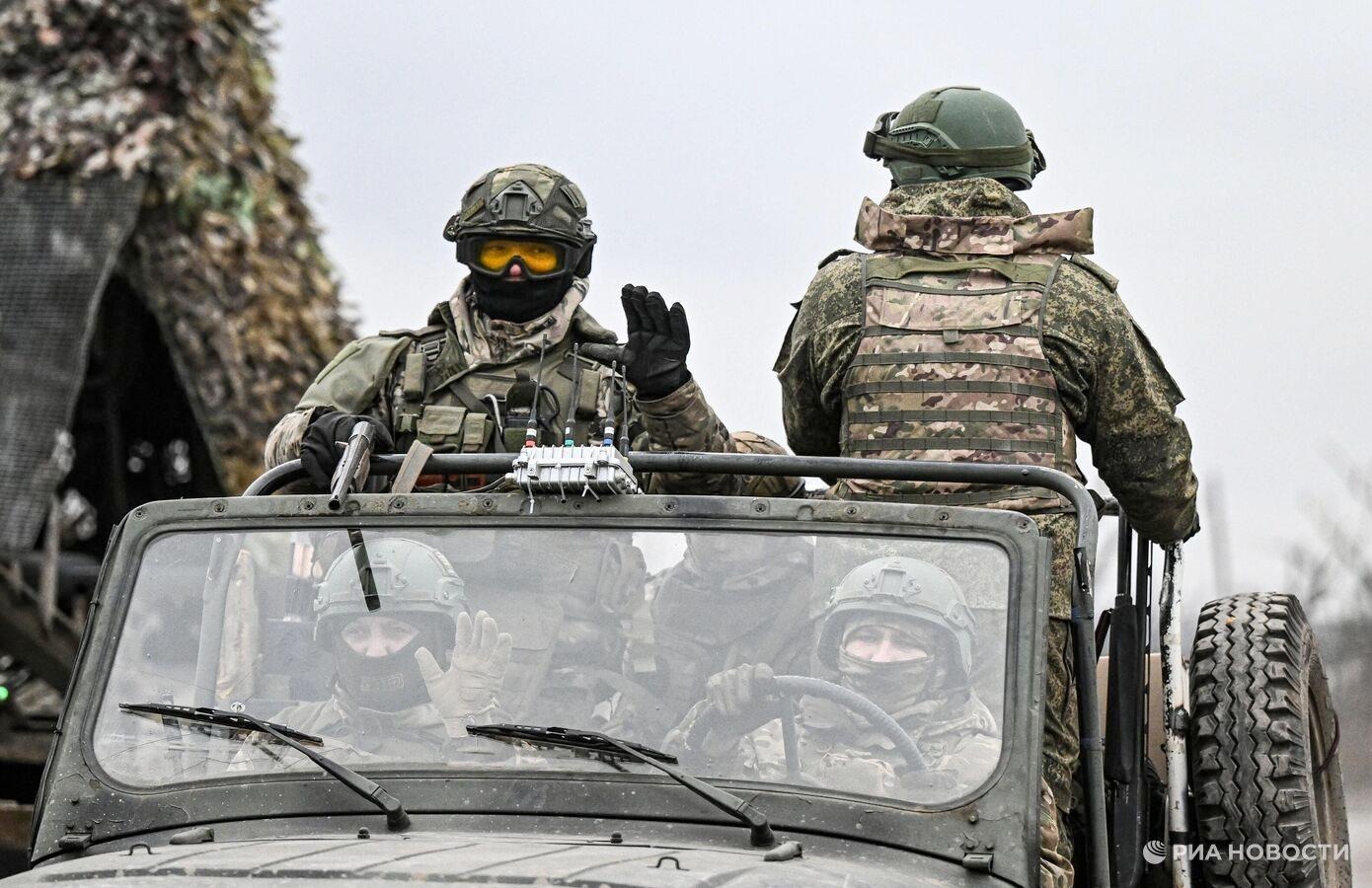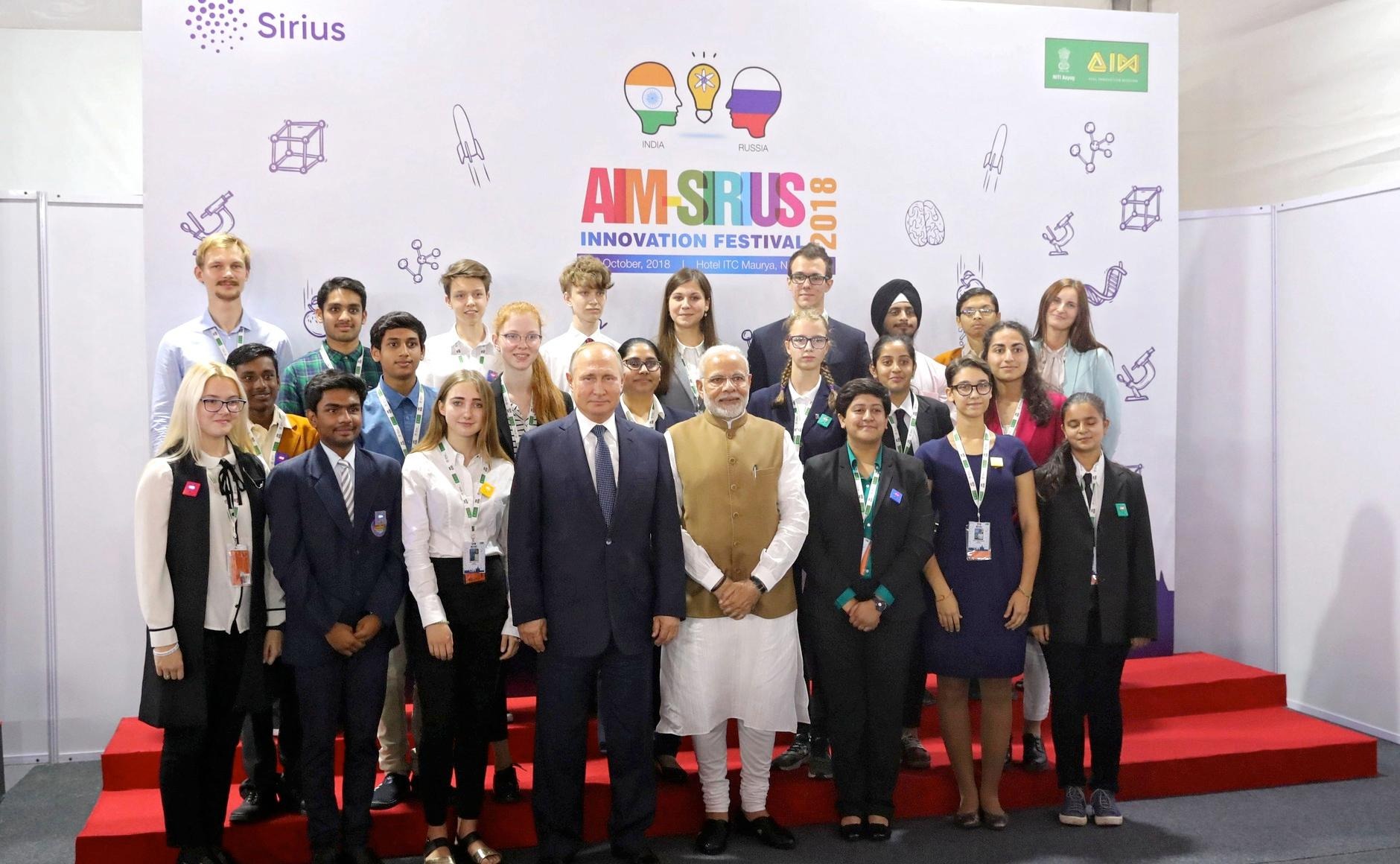GEORGIA CHALLENGES THE KREMLIN’S WORLDVIEW
GEORGIA CHALLENGES THE KREMLIN’S WORLDVIEW
The October 3 presidential election in Abkhazia has produced a far greater reaction in the Russian media than the scale of Russia’s involvement in this Georgian separatist region or indeed the importance of the choices in these elections should merit (Kommersant, October 7, 8; Nezavisimaya gazeta, October 7, 11; Izvestiya, October 6, 8). While some commentators emphasized the fact that the messy electoral controversies were entirely of Moscow’s making (Grani.ru, October 6; Ekho Moskvy, October 4), for many others it was not Abkhazia per se that mattered but the implicit juxtaposition of Abkhazia and Russian President Vladimir Putin’s September 13 “revolutionary” initiative to abandon regional elections and appoint governors himself (Polit.ru, October 9). In this perspective, tiny Abkhazia has shown a surprising maturity in being able to make its own choice despite clumsy and unnecessary pressure from its big neighbor.
This political episode marks a juncture of two strands of Russian activities in the region and invites reflection on both. The first category includes Georgia and its numerous crises. Former President Eduard Shevardnadze had been an irritant to the Kremlin for many years, but when his corrupt regime collapsed in November 2003, Moscow was taken completely by surprise. It was just incomprehensible for the Kremlin’s political wizards that normal effort to “manage” parliamentary elections could arouse so much public anger that the “boss” himself would be unceremoniously dumped. Then came the spring crisis around another Georgian enclave, Ajaria, where Moscow based its plans on the assumption that its ally, Aslan Abashidze, was firmly in charge and elections mattered little. It was again a shock that residents of the Ajaran capital, Batumi, might rise against him, leaving the Kremlin no other option than to evacuate the deposed “great leader.” The bloody summer attacks by Chechen rebels (even if Putin finds this milder term objectionable) brought a new round of Russian military threats to destroy Chechen bases in the Pankisi Gorge. Georgian President Mikheil Saakashvili, however, was able to pre-empt these “preventive strikes” by moving his U.S.-trained troops in Pankisi and bringing foreign journalists and observers to the Gorge to confirm that Chechen refugees were not operating “terrorist training camps” in the area (see EDM, September 16 and 22).
Abkhazia, while for many years outside Tbilisi’s control, fits into the same pattern of Russia failing to comprehend that elections involve choices, military force is not very useful, and public opinion matters. It is, unfortunately, quite clear where the next crisis is likely to erupt: Tskhinvali, South Ossetia, has already seen direct military clashes. The escalation of that situation was interrupted by the tragedy in Beslan, North Ossetia, but Moscow does not seem to be able to draw any lessons from its previous failures and offer a more constructive approach to defusing this hot spot.
Geopolitical schemes apparently take second place to personal ambitions in shaping Russian policy towards Georgia. President Saakashvili’s visit to Moscow in February 2004 bought him some time, as he shrewdly emphasized that Putin was his role model (Nezavisimaya gazeta, February 13). But Saakashvili’s actions do not resemble those of his hero: sustained efforts to engage popular support for reforms, the sincere desire to move his country closer to the West, the decision to invite Kakha Bendukidze, a successful and independent-minded Russian oligarch, to take charge of the Georgian Economic Ministry, and immediate, hands-on involvement in every crisis situation (Novaya gazeta, September 20). Saakashvili has many critics, but Putin probably understands, despite the incessant praise by sycophants, that he looks unfit for his job in comparison. Such a image is unacceptable, so winning over Saakashvili has become the prime goal in every Caucasian crisis.
There is also a risk that a Saakashvili-type leader might emerge somewhere else in the North Caucasus. Russia’s second policy approach is to eliminate this possibility. Its most visible manifestation was the carefully orchestrated replacement of the charismatic Ruslan Aushev by loyal Murat Zyazikov as president of Ingushetia. Moscow still refuses to acknowledge that the steady escalation of violence in this republic is a direct consequence of that leadership change. The desire to build a rigid command-and-control system and make local leaders entirely dependent upon Moscow’s orders is too strong to see the inevitable erosion of their ability to exercise any authority. The Kremlin has no problem with the obedient regimes in Dagestan and Kalmykia, so the growth of public angst caused by abuses of power and shameless corruption there is conveniently ignored. There is little, if any, understanding that crudely manipulating the August presidential election in Chechnya to install Alu Alkhanov destroyed the legitimacy of this office. Abkhazia was treated in much the same way, but the Abkhazians have refused to oblige (Gazeta.ru, October 7).
The fundamental problem is not that Russian policy fails to take into account Caucasian “peculiarities” or Georgian “pride.” The problem goes deeper: the visibly accelerating political developments in the region do not fit into the vertical power structure adopted by Putin’s inner circle. The Kremlin is in denial that its every success in installing or maintaining political puppets is also a failure to stabilize the situation. Dynamic Georgia has become an existential challenge to Putin’s Russia, and neither economic blockade nor propaganda bashing can fence it off.


